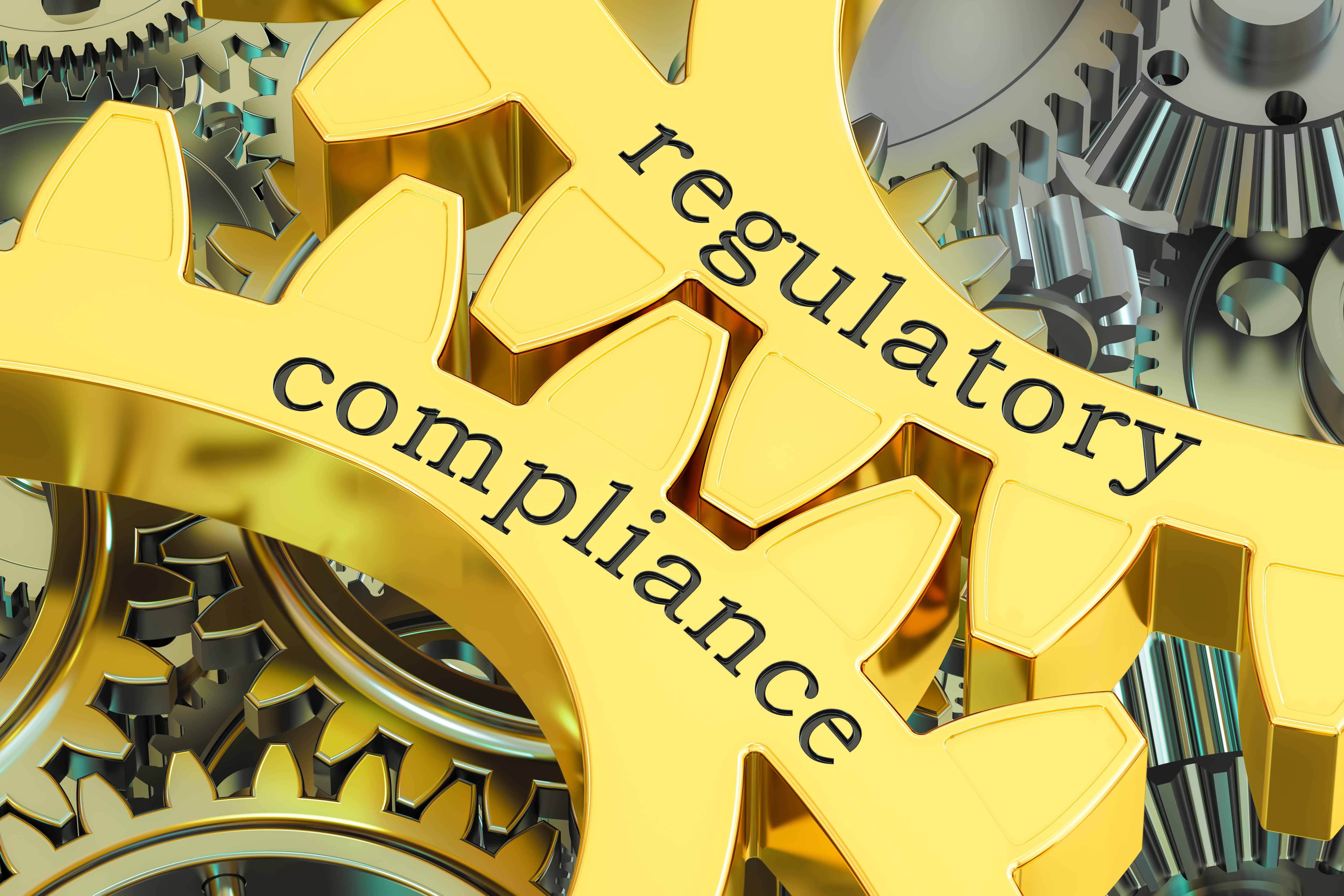
23rd June 2022
As landlords, there are so many different laws, regulations, and standards that you need to comply with to avoid penalties. Plus, new legislation is constantly being added, further increasing the complexity of this space. Here at Concentric Sales and Lettings, we’re here to help guide you through the maze of rules and get you the information you need to stay safe, compliant, and up-to-date.
Speaking of compliance, does your property/tenancy have an EPC rating of “E” or above? As a landlord, are you confident that your properties are compliant with the minimum energy efficiency standards (MEES)? In this article, we dive into what these energy efficiency requirements mean for you.
Minimum Energy Efficiency Standards (MEES) first came into force in 2018. The standards focus on the energy efficiency of your property. Energy efficiency refers to the ability to use less energy to get the same amount of work done. With a higher energy efficiency rating, your property means that less energy is wasted and also can reduce energy costs for your property.
The main MEES requirement for landlords is that any property that you own and rent out needs to have an energy rating of “E” or above. If your property falls below an “E” rating and you are not in receipt of an exemption, you are illegally renting out your property and could be subject to fines and penalties. The government expects landlords to spend a maximum of £3,500 to ensure that their properties are compliant.
In the case that you are renting out a property that is not and cannot be made compliant, then we would recommend you head over to the government website and see if your property falls into one of the categories that are exempted from the energy efficiency requirements.
You must be prepared to meet these standards. There is talk within the industry that the MEES will be higher in 2025 than it is now. It is currently being proposed that landlords’ properties will have to be a “C” rating or above. This could have a huge effect on many landlords. Fortunately, various funding opportunities are available to you as landlords and tenants right now and maybe more in the future too. We recommend seeking out that funding so that you can offset the costs that may accrue as a result of bringing your property into compliance.
Part of the MEES is the EPC requirement. The term “EPC” is short for energy performance certificate. It is part of the government’s rating scheme to describe the energy efficiency of buildings and properties. The ratings range from “A” (very efficient) down to “G” (inefficient). The EPC rating is how you as a landlord prove that your property complies with MEES. Providing a tenant with a valid EPC before the start of the tenancy is required under the Deregulation Act of 2015. Failure to provide them with a valid EPC would restrict your ability to serve a valid notice on them for possession of the property should the need arise. So although this piece of legislation may not seem that important, you need to ensure that you comply.
The size of this fine depends on the time that you let the property non-compliantly. EPCs are valid for ten years and, on average, cost less than £100. This means that for less than £10 per year, you could avoid that penalty and ensure that your property complies with the MEES regulations. Fortunately, it is also easy to get an EPC as there are EPC assessors in your area that can be found online and can carry out the job for you to ensure that your property is compliant and safe. It’s important to remember that funding is available at the moment for both landlords and tenants, so please be sure that you are researching any local funding within your area to improve the energy efficiency of your property. This will also help you to prepare yourself for the even higher requirements that may be coming in 2025.
We hope you’ve found this post informative and enlightening. If you want to learn more, check out our YouTube channel, where we help keep you up-to-date on the latest and most important legislation for the private rented sector. There are over 170 pieces of legislation that you as a landlord need to comply with. That’s why we offer a free, quarterly webinar hosted by our very own Dawn Bennett, where you can get more details on all these different kinds of legislation. We’d love to see you there!